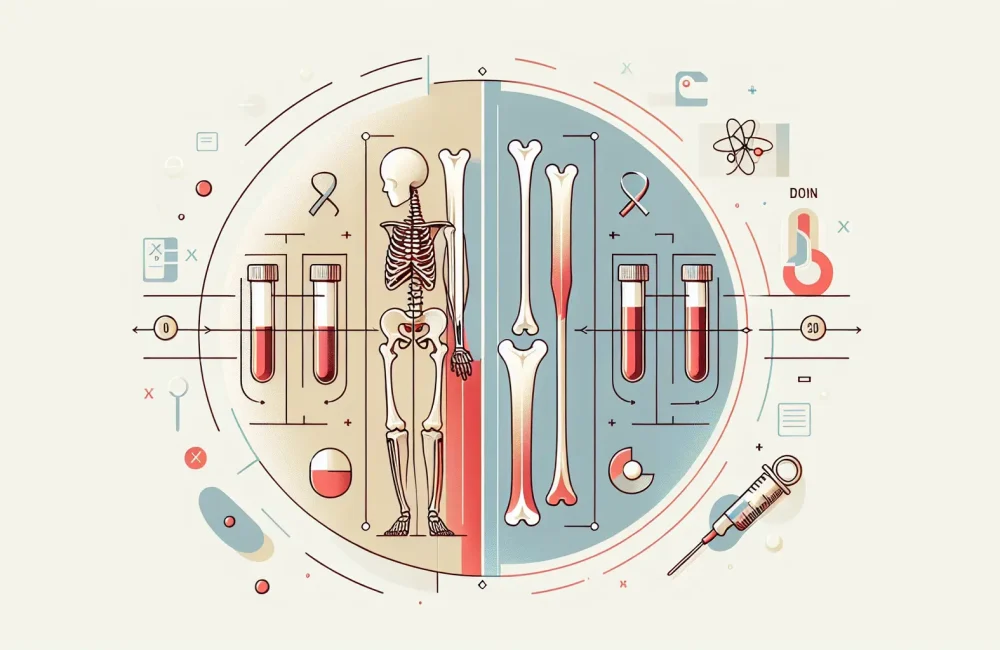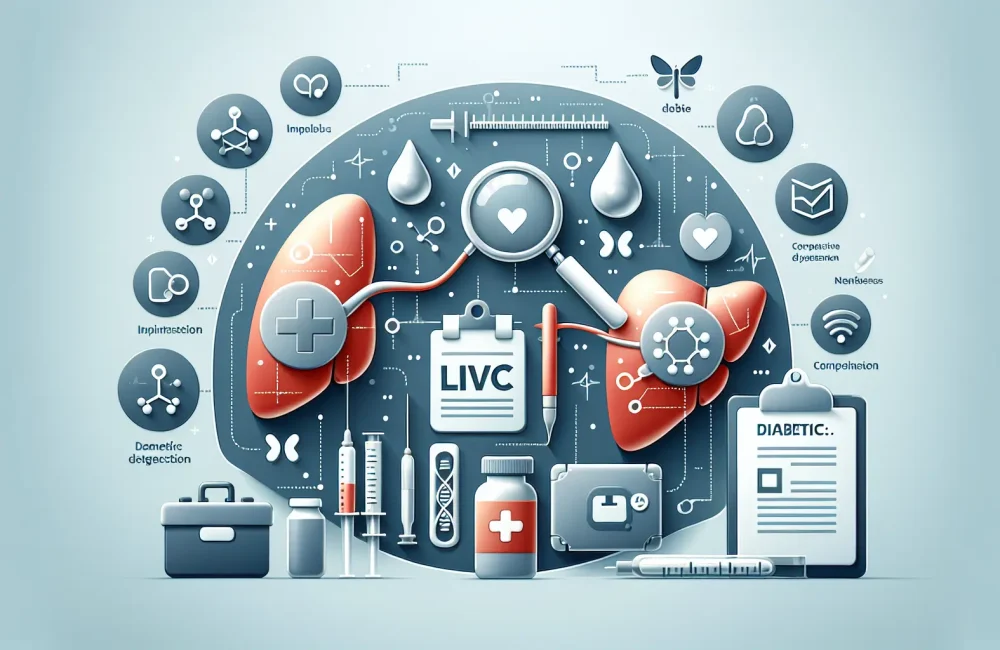By CAFMI AI From Journal of Medical Internet Research (Open Access)
Significant Enhancement in Health Literacy Through AI Chatbot
Type 2 diabetes mellitus (T2DM) represents a chronic health condition demanding consistent patient education and effective self-management strategies to prevent complications and enhance quality of life. Health literacy, defined as the ability to understand and utilize health information appropriately, significantly impacts patient outcomes by enabling informed decision-making and adherence to treatment regimens. Given the complexity of T2DM management—including medication adherence, lifestyle changes, and regular monitoring—patients often face challenges in acquiring and applying pertinent knowledge to their daily care routine. This study sought to address this gap by developing a custom artificial intelligence (AI) chatbot designed specifically to improve health literacy among individuals with T2DM. The AI chatbot incorporated comprehensive educational content, focusing on disease understanding, medication adherence, lifestyle modifications, and monitoring guidelines tailored to patient needs.
Clinical Outcomes and Patient Engagement with the AI Chatbot
The study evaluated the AI chatbot through a rigorously designed randomized controlled trial (RCT) involving participants diagnosed with T2DM. Subjects were randomly assigned to either the intervention group, which had access to the AI chatbot via a mobile application, or the control group, which received standard educational materials typically provided in clinical practice. The controlled methodology ensured unbiased comparison of outcomes between conventional educational approaches and the innovative AI-assisted intervention. Results demonstrated a statistically significant improvement in health literacy scores within the intervention group compared to controls, indicating the chatbot’s effectiveness in enhancing patients’ understanding of their condition. Beyond improved literacy, users reported increased medication adherence and adoption of recommended lifestyle changes, suggesting real-world benefits in self-management behaviors. Additionally, high user satisfaction highlighted the chatbot’s interactive nature, personalized communication, and ease of use, all pivotal factors that influence engagement and sustained utilization of educational tools.
Implications for Future Diabetes Management and AI Integration
These findings affirm the role of AI chatbots not only as informational resources but as empowerment tools fostering active patient participation in disease management. The successful implementation of the AI chatbot suggests potential for broader integration of AI technologies in chronic disease care, improving patient education and adherence on a larger scale. Future work may focus on expanding chatbot functionalities, including personalized feedback, adaptive learning pathways, and integration with healthcare providers for continuous monitoring. By enhancing patient engagement and health literacy, AI-driven tools could transform diabetes management, reduce complication rates, and ultimately improve health outcomes.
Read The Original Publication Here






